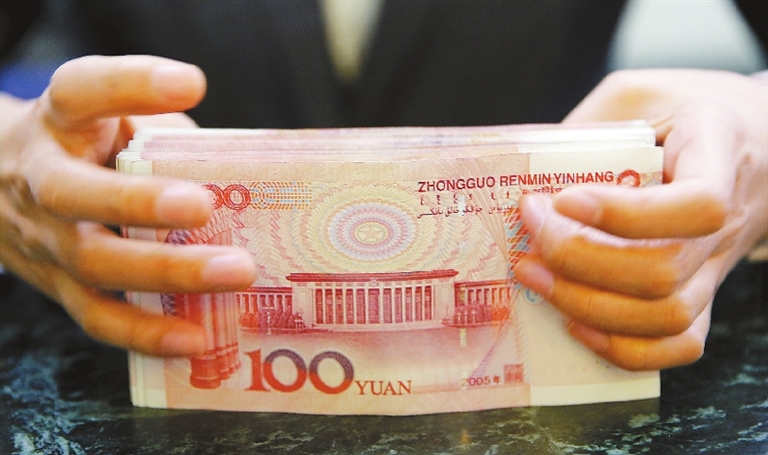
A WEAKER currency and a narrowing premium over U.S. interest rates have dented global investors’ enthusiasm for China’s roughly US$12 trillion bond market. Foreign holdings of yuan-denominated, domestically traded bonds in China rose by just 250 million yuan (US$35.9 million), or 0.02 percent, to 1.44 trillion yuan in October, according to data provider Wind. The rate of growth has been decelerating since June, when it peaked at 8.9 percent month on month, the fastest in 21 months. With U.S.-China trade tensions escalating, the yuan has fallen 8.8 percent against the dollar since mid-June. It is now close to the symbolically important level of 7 per dollar. Meanwhile, a weakening economy has led Chinese bond prices to rally, pushing yields down, even as rising interest rates send U.S. bonds in the other direction. That means Chinese sovereign debt now offers a much thinner premium over U.S. Treasuries. Yields on benchmark 10-year Chinese securities fell to 0.24 percentage point above Treasuries late last week, the narrowest gap in more than eight years. Foreign institutions, such as central banks and pension funds, own just 1.7 percent of China’s overall bond market, which is the world’s third largest behind the United States and Japan. Foreign investors slowed their purchases of Chinese bonds mostly because of the yuan’s fast depreciation, said Peter Ru, Shanghai-based chief investment officer of China fixed income at Neuberger Berman. “Given the uncertainties over the trade war, nobody can be sure how much more the yuan may weaken,” said Ru. (SD-Agencies) | 
